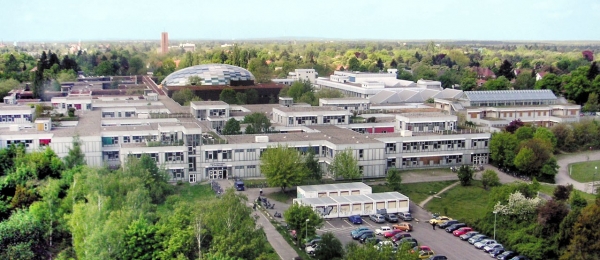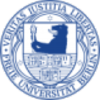https://www.fu-berlin.de/en/index.html
Description
The Free University of Berlin was founded in 1948, in the turmoil of post-war Germany, when students of the former Universität Unter den Linden, then located in the Soviet sector of the city, were facing persecution because of their views. With international support, the Free University was established, allowing scholars to pursue their teaching and learning without political interference. Truth, justice and freedom remain the university’s core values with these words imprinted on the university seal. In the 1960s, the university was the site of several student protests and demonstrations. In 1990, German reunification brought about changes in the management of the university, and, with it, came a newfound focus on research. Today, it is one of only eleven designated ‘German Universities of Excellence’. Set in the leafy suburb of Dahlem in southwest Berlin, the university is home to more than 32,000 students and offers over 150 degree programmes. It has 17 collaborative research centres, an academic staff of almost 5,000 and partnerships with universities the world over, as well as seven international liaison offices in Beijing, Brussels, Cairo, Moscow, New Delhi, New York, and Sao Paulo. The university also boasts five Nobel Prize winners among its staff and 17 winners of the Leibniz Prize. With women employed in 30 per cent of its professorships, the university is also at the forefront of German higher education institutions when it comes to gender representation. Over the years, the Free University of Berlin has hosted many influential figures, including President John F. Kennedy who chose it as the location to deliver his ‘Ich bin ein Berliner’ speech in 1963.
Specific details
Location
Kaiserswerther Str. 16-18, 14195 Berlin, Germany


